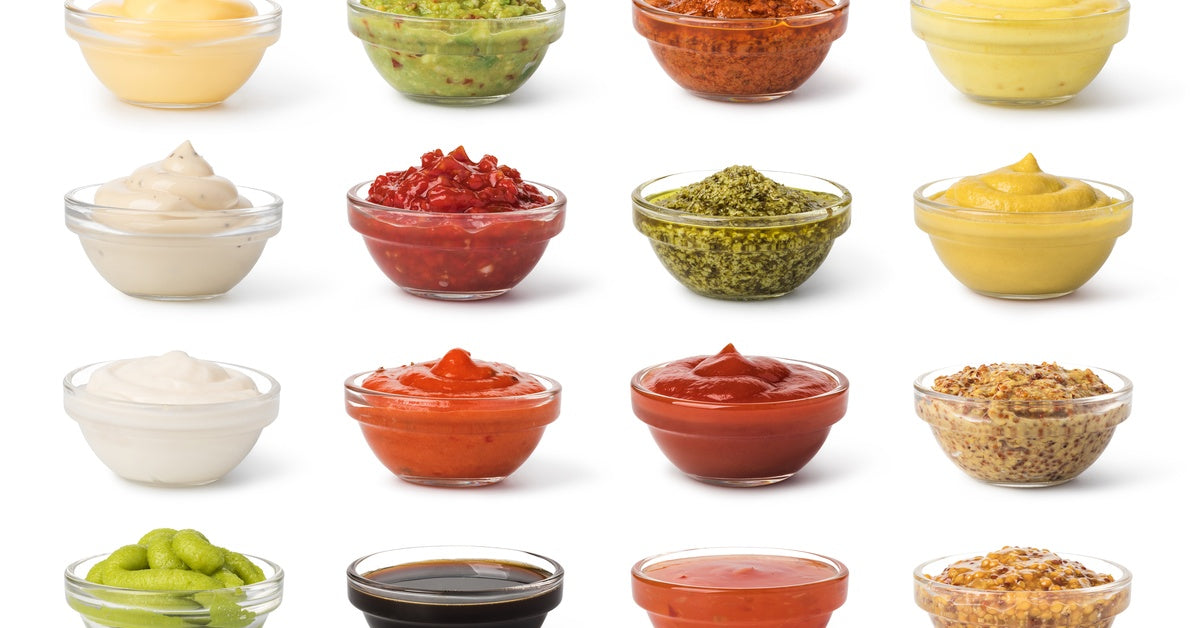Youth sports season brings a whirlwind of activity, from early morning practices to late-night games and weekend tournaments. As a parent, you are the chief chauffeur, cheerleader, and, most importantly, the nutritionist for your young athlete. It’s up to you to provide easy, on-the-go meals for sports season.
The demanding schedule often leaves little time for sit-down meals. Here’s how to ensure youth athletes have healthy, satisfying meals that support their physical performance, energy levels, and overall well-being.
The Challenge of Feeding Young Athletes
Finding the right balance of nutrients in a meal that is also quick and easy to prepare can feel like an Olympic event in itself. Young athletes burn a tremendous amount of calories and require a steady supply of energy to keep up with their physical demands.
Fast food might seem like a convenient solution, but it lacks the nutrition needed for sustained energy and muscle recovery. This is where strategic meal planning becomes your most valuable player, helping you avoid the drive-thru and provide your child with wholesome fuel.
Why Whole Foods Matters for Performance
Whole, unprocessed foods provide the essential building blocks for a young athlete’s body, including complex carbohydrates, lean proteins, and healthy fats. These nutrients work together to supply long-lasting energy, repair muscle tissue, and support overall growth and development during a critical phase of life.
Unlike sugary snacks or processed meals that lead to a quick energy spike followed by a crash, whole foods deliver consistent power. Prioritizing these foods helps your athlete stay focused and intense from the first whistle to the final buzzer.
The Importance of Meal Times
What your athlete eats is just as important as when they eat it. Consume a meal two to three hours before the competition or practice. This gives the body ample time to digest and convert food into usable energy.
The meal should be rich in complex carbohydrates for fuel and contain a moderate amount of protein. For those back-to-back games or early morning practices, having a quick, easily digestible snack on hand is essential to replenish energy stores without causing discomfort.
Master the Art of Meal Prep
Meal prepping is the secret weapon for any busy sports parent, transforming chaotic weeks into manageable ones with a little bit of planning. Dedicating a few hours on a Sunday to wash and chop vegetables, cook grains, and prepare proteins can save you an immense amount of time later.
Foresight allows you to assemble healthy meals in minutes, ensuring your athlete always has a nutritious option ready to grab from the refrigerator. Prepping ahead also reduces the temptation to rely on less healthy convenience foods when you are short on time.

Simple and Satisfying Breakfast Ideas
Breakfast sets the tone for the entire day. For a young athlete, it is the first opportunity to fuel their body for what lies ahead.
On busy mornings, smoothies are a fantastic option because they contain valuable nutrients, are quick to eat, and are easy to take anywhere. Another great choice is overnight oats, which you can prepare the night before in a jar with berries, nuts, and seeds. These meals provide a balanced mix of carbohydrates and protein to kickstart their day with sustained energy.
Portable Lunch Solutions
Packing a lunch that is both nutritious and appealing can be a difficult task, but with a bit of creativity, it is possible. Wraps are a versatile and mess-free option that can be filled with lean protein like turkey or chicken, along with plenty of fresh vegetables.
Another kid-approved idea is a deconstructed lunch box, featuring separate compartments for cheese cubes, whole-grain crackers, hummus, and veggie sticks. These bento-style boxes make lunchtime feel fun and give your child a variety of healthy foods to choose from.
Delicious Dinner Ideas for Busy Nights
After a long day of school and practice, young athletes need a substantial dinner to help their body recover. On nights when you are rushing between activities, having precooked proteins and grains on hand is a lifesaver for assembling quick bowls. You can easily create a balanced meal by combining quinoa or brown rice with grilled chicken or beans and adding a generous portion of steamed vegetables. For an even quicker option, consider making high-protein, low-calorie quesadillas using whole-wheat tortillas, shredded chicken, and a little bit of cheese for a satisfying meal.
Smart Snacking for Sustained Energy
Snacks play a vital role in an athlete’s diet, bridging the gap between meals and providing a much-needed energy boost before or after practice. Instead of reaching for processed snack foods, opt for whole-food options that offer both carbohydrates for energy and protein for muscle repair.
A handful of almonds, an apple with peanut butter, or a hard-boiled egg are all excellent choices that are easy to pack and eat on the go. These snacks will keep your athlete feeling full and energized without the sugar crash that comes with candy or chips.
The Role of Hydration in Athletic Performance
Adequate hydration is one of the most critical factors for athletic success. However, it’s easy for kids to overlook drinking water in the hustle and bustle of sports season. Dehydration can lead to fatigue, decreased coordination, and an increased risk of injury, significantly impairing an athlete’s performance on the field.
Encourage your child to sip water consistently throughout the day, not just during practices or games, to maintain optimal hydration levels. A reusable water bottle that they can carry with them serves as a constant reminder to keep drinking and stay on top of their fluid intake.

Make Healthy Choices for the Whole Family
Ultimately, fostering a positive relationship with food and nutrition is a team effort that extends beyond the sports season. By involving your children in the meal planning and preparation process, you empower them to make healthier choices for themselves in the long run. Let them help pick out recipes and assemble their own lunch wraps. When the whole family adopts a healthy eating lifestyle, it becomes a natural and sustainable habit rather than a temporary fix.
Your Efforts Will Improve Your Child’s Health
Navigating the hectic schedule of sports season requires dedication, planning, and a deep commitment to your child’s health and success. By providing children with nutritious, easy, on-the-go meals, you are giving them the fuel they need to perform at their best during sports season. Every prepackaged meal and thoughtfully chosen snack is a testament to your support.

















Leave a comment
All comments are moderated before being published.
This site is protected by hCaptcha and the hCaptcha Privacy Policy and Terms of Service apply.